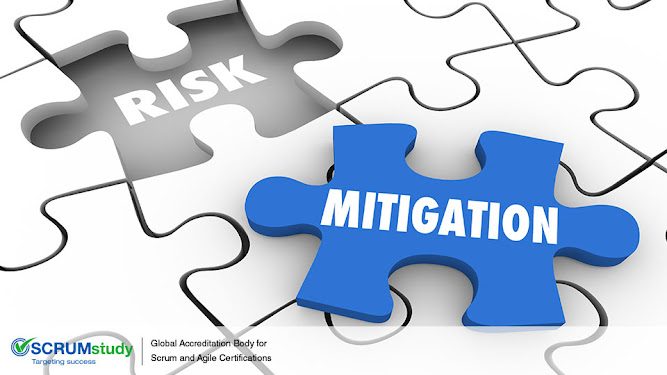Beginning Your Role as a Scrum Master
Most new Scrum Masters have a rudimentary comprehension of their new role. Many have undergone training and received their Licensed Scrum Master designation. They are thrilled and keen to don on their mantle of a Scrum Master in the event their teams invite them in formally. Once their initial enthusiasm starts fading away, a troublesome hesitation begins to take shape. Daily, in the midst of paying attention to and smoothing the daily standups, a quiet thought begins to flow in the Scrum Master’s mind:
Understanding the Complexity of the Scrum Master Role
The role of the Scrum Master is a difficult one for a number of reasons, not least of which is the fact that they have no authority; in fact the Scrum Team can fire them. Scrum Master is an expression misconstrued so quite often, sometimes consciously, which causes misunderstanding. The appellation itself hints people to unseemly assumptions because of the attachment of the term ‘Master’. Some consider this person is in reality the administrator of the Scrum Team or a synonymous term used in place of “Project Manager” in Traditional Project manager frameworks. One approach used when adapting Scrum is to redefine the role of the managers and convert them into the Scrum Masters for their respective Scrum Teams. In reality, Scrum Master is not giving the orders, neither the expert, nor the intermediary, or the negotiator. Scrum Master is not the administrator of the Scrum Team and without doubt not the project manager under an innovative label.
The Scrum Master has Four Key Duties:
• Facilitation of the Business stakeholders and interfaces
• Agent of change within the organization
• Impairment remover
• Remover of distance between business and development
Many people who take on the role of Scrum Master have to be, to some degree or other re-trained into their new role. The Scrum Master is a supporting leader to the Scrum Team.
A Scrum Master plays a vital role in empowering, motivating, challenging, advocating, questioning, and attentively observing the Scrum team to enhance their effectiveness and foster a more collaborative organizational environment aligned with the Scrum framework. Ultimately, the Scrum Master's role is supportive, as they are neither responsible for funding the project nor directly involved in product delivery. Instead, they facilitate the team's progress by asking pertinent questions and encouraging self-discovery. Sometimes, finding solutions is straightforward, but often it's a complex process requiring exploration and experimentation. Failure may occur, but it's seen as a learning opportunity to discover better approaches. A successful Scrum Master adopts various approaches such as facilitating discussions, asking probing questions, and offering guidance rather than dictating solutions, drawing from diverse disciplines to fulfill their role effectively.




Comments
Post a Comment